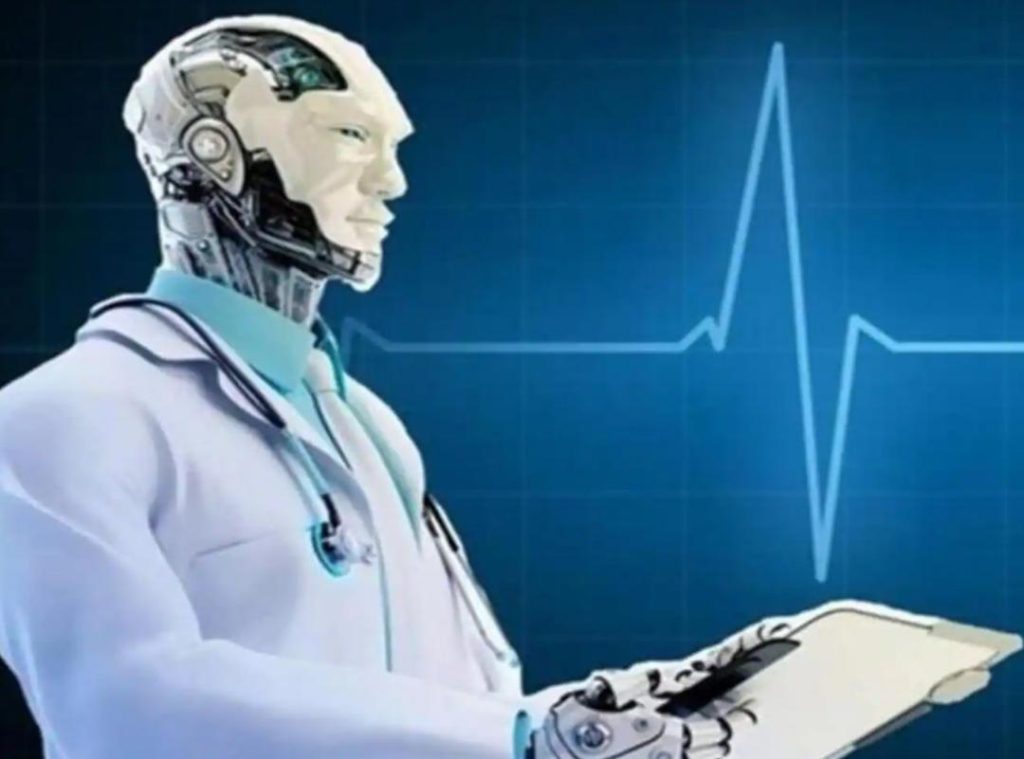
AI can detect prostate cancer in 80% of samples that pathologists missed, study finds
Prostate cancer is one of the most common types of cancer affecting men worldwide. Early detection and diagnosis are crucial in determining the effectiveness of treatment and improving patient outcomes. While pathologists play a vital role in diagnosing prostate cancer, even they can miss signs of the disease. A recent study has found that AI can detect prostate cancer in 80% of samples that had been missed by pathologists.
The study, published in the journal Nature Communications, analyzed a dataset of 1,000 prostate biopsy samples from men who had been initially assessed as negative for cancer. However, these men later developed aggressive prostate cancer. The researchers used an AI tool to analyze these samples, assuming that there must be some abnormality present, even if it was not initially detected by pathologists.
The AI tool was able to identify the signs of prostate cancer in 80% of the samples that had been missed by pathologists. This is a significant finding, as it suggests that AI may be able to help detect prostate cancer in men who have been previously diagnosed as cancer-free. The study’s findings have the potential to improve patient outcomes and reduce the risk of misdiagnosis.
The AI tool used in the study was trained on a dataset of 10,000 prostate biopsy samples, including both cancerous and non-cancerous samples. The tool was able to learn patterns and features that are associated with prostate cancer, including the presence of abnormal cells and the structure of the prostate gland.
The study’s lead author, Dr. Ahmed Al-Khouli, said that the AI tool was able to detect prostate cancer in samples that had been missed by pathologists because it was able to analyze the samples in a more comprehensive and nuanced way. “Pathologists are only human, and they can’t possibly analyze every sample in the same way that an AI tool can,” Dr. Al-Khouli said.
The AI tool’s ability to detect prostate cancer in samples that had been missed by pathologists is not surprising, given the limitations of human analysis. Pathologists are trained to analyze samples and make a diagnosis based on their visual inspection, but they may not always be able to detect subtle changes in the cells that are associated with cancer.
In contrast, AI tools are able to analyze samples using a combination of computer vision and machine learning algorithms. These algorithms allow the AI tool to identify patterns and features that may not be apparent to human analysts, and to make a diagnosis based on those patterns and features.
The study’s findings have significant implications for the diagnosis and treatment of prostate cancer. If AI tools are able to detect prostate cancer in samples that had been missed by pathologists, it could improve patient outcomes and reduce the risk of misdiagnosis. It could also potentially reduce the need for additional testing and biopsies, which can be costly and invasive.
The study’s lead author, Dr. Ahmed Al-Khouli, said that the AI tool could potentially be used in a clinical setting to help diagnose prostate cancer. “The AI tool is not a replacement for human analysis, but rather a supplement to it,” Dr. Al-Khouli said. “It could be used to help pathologists make a diagnosis, and to identify samples that may require further analysis.”
The study’s findings are the result of a collaboration between researchers from the University of California, Los Angeles (UCLA), the University of California, San Francisco (UCSF), and the University of Melbourne. The researchers used a dataset of 1,000 prostate biopsy samples from men who had been initially assessed as negative for cancer, and analyzed the samples using an AI tool.
The study’s findings have been published in the journal Nature Communications, and have been welcomed by the medical community. Dr. Al-Khouli said that the study’s findings have the potential to improve patient outcomes and reduce the risk of misdiagnosis. “The AI tool is a game-changer for the diagnosis of prostate cancer,” Dr. Al-Khouli said.
Source:






